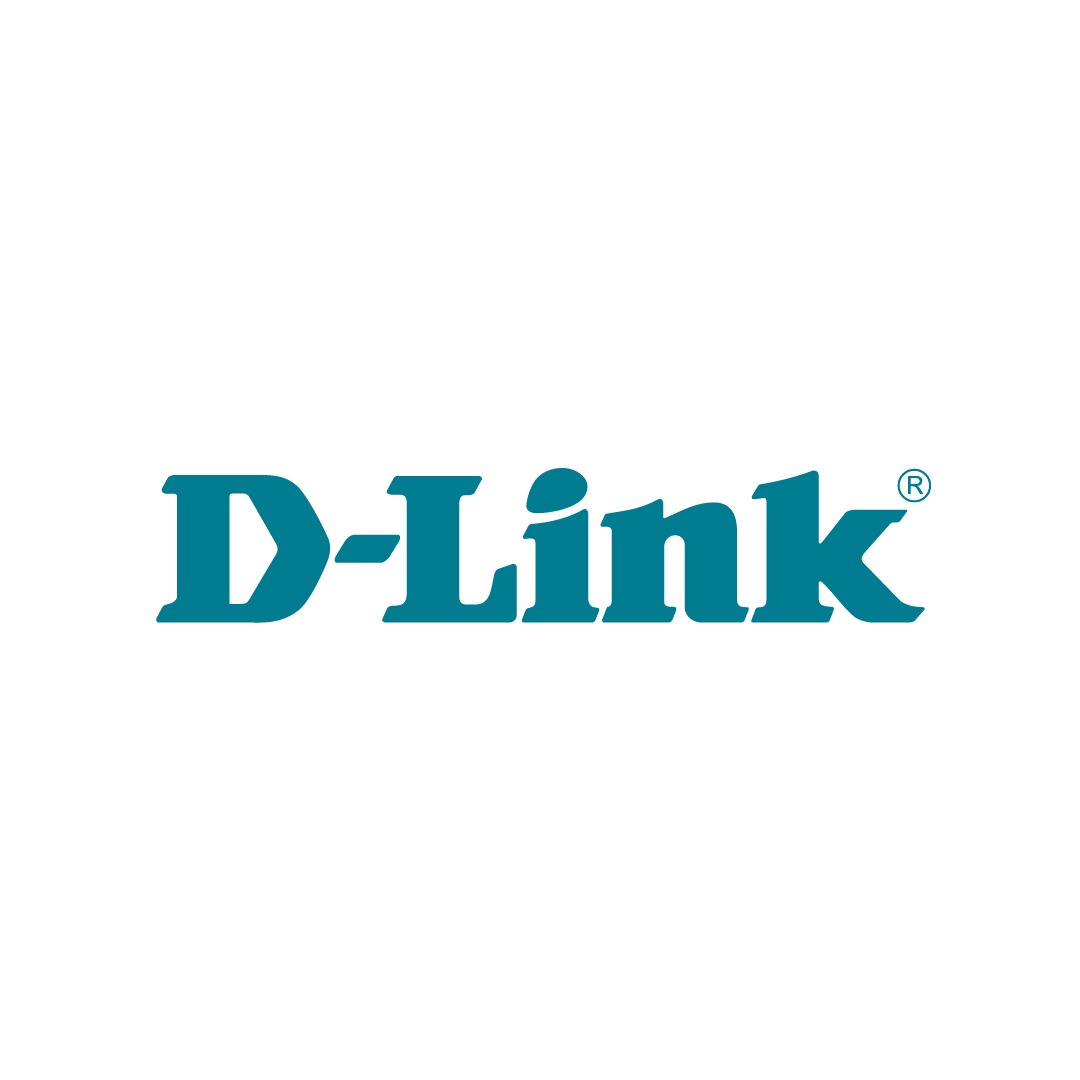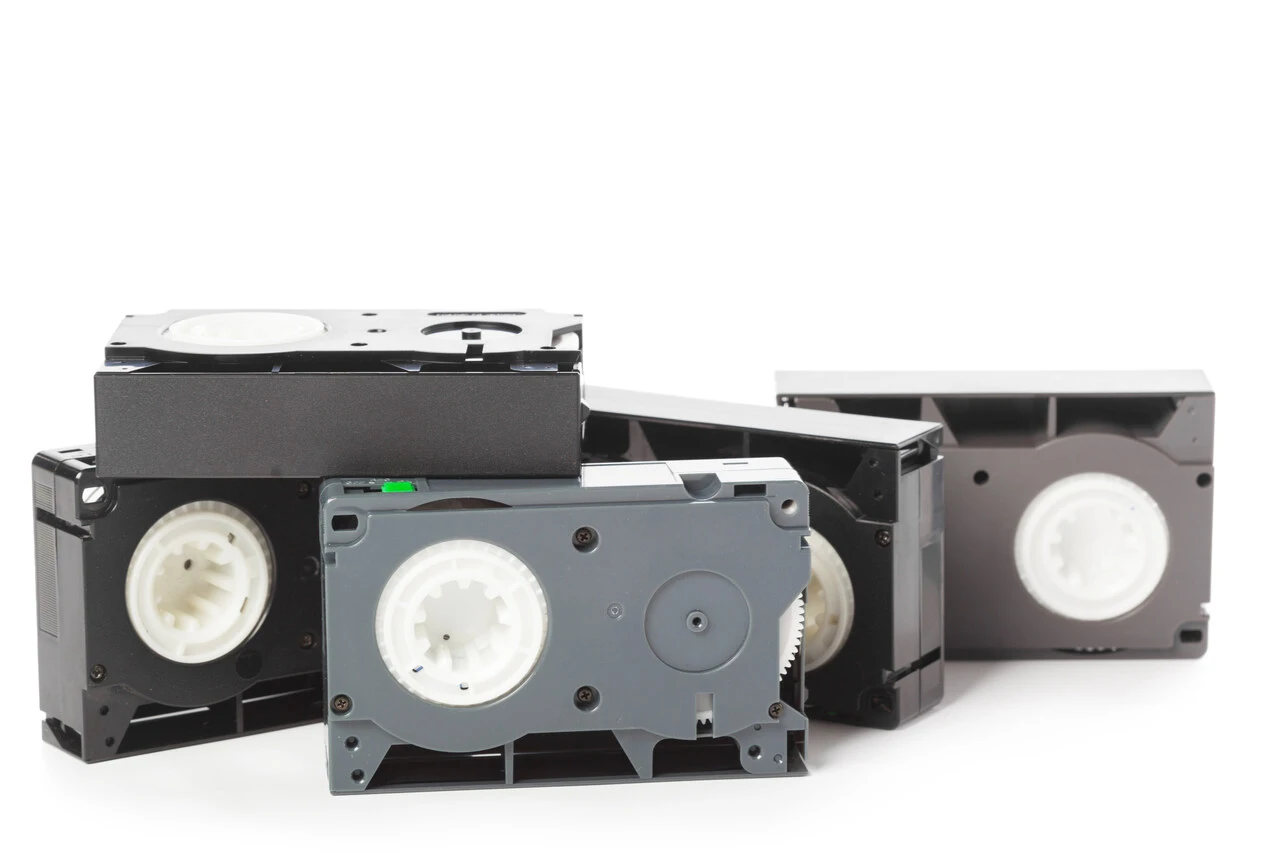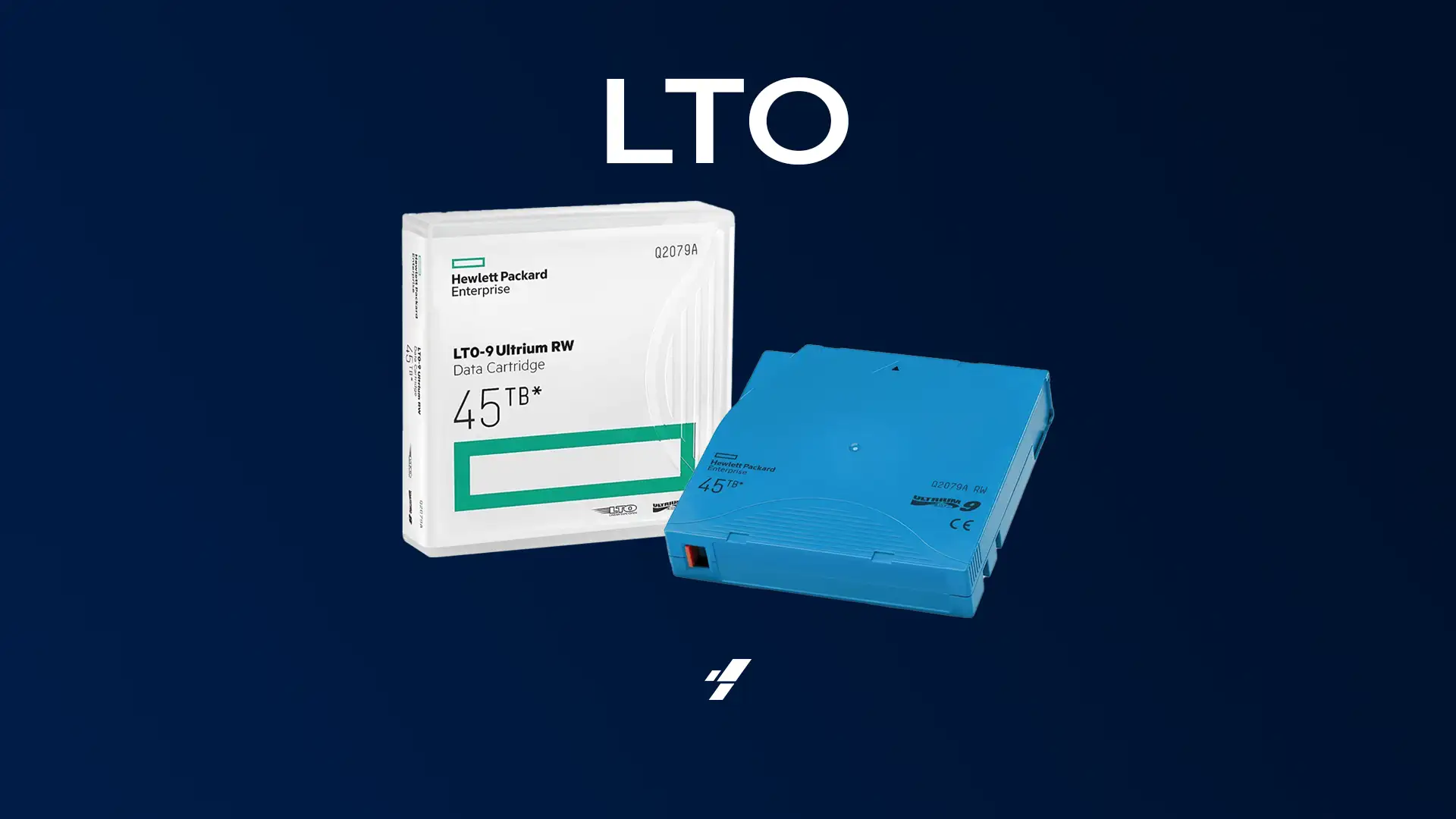
WORLDWIDE SERVICE
RECOVERED DATA CENTERS
EXPERIENCE CONSOLIDATED
24H SUPPORT FOR EMERGENCIES
REMOTE DATA RECOVERY
TOTAL PROTECTION OF YOUR DATA
Recover Storage
Storages are great data storage devices, with configurations that can be tailored to suit your company’s needs; configurations are separated into NAS, DAS, and SAN.
As with any storage device, data loss on storage devices is a real risk, regardless of which configuration is chosen.
There are many reasons that can lead to data loss, such as logical problems, physical problems, burned electrical circuits, human error, and ransomware attacks.
Data loss can quickly bring a company’s activities to a total or partial halt, which in turn can cause incalculable losses, both financial and in terms of the company’s image in the marketplace.
Knowing a data recovery company that can handle any data loss scenario is as important as creating mechanisms to reduce the chances of data loss.
Why Digital Recovery?
We are always online
Please fill out the form, or select your preferred contact method. We will contact you to start recovering your files.
Success Cases
What our customers say about us
"We had a serious issue following a NAS server power outage in Raid 5. I immediately contacted DIGITAL RECOVERY. After a few days of hard work the issue was resolved."

"One of our RAID servers had stopped. After several attempts without fixing the problem we found DIGITAL RECOVERY and 5 hours later, at 4:00 am, the data was recovered."

"We referred DIGITAL RECOVERY in a special case (data loss) in a storage RAID 5. Digital Recovery recovered 32 million files and the customer was extremely satisfied."

"Without any doubts the best data recovery company. Digital Recovery contact details will always be saved on my cell phone, as I will inevitably need it again."

"The quality of the service is excellent. The attention given to the service is gratifying and the feedbacks that are given leave us calm, knowing that we can trust in the work and dedication."

Customer since 2017
"Great company, they saved me from a big problem!!! I recommend them, what a quick service, my thanks to the Digital Recovery team for the attention and speed in solving the problem! Awesome!"

"The second time I count on the agility and professionalism of the Digital Recovery team, they are very experienced and agile. I recommend them to everyone"

They helped me recover some data that I had thought was lost. I had a great experience with the team for their calmness, agility, and transparency.










Answers from our experts
What are the main problems causing data loss on Storages?
- Logical Problems – This type of problem includes deleting files, deleting and formatting partitions, and overwriting data. Depending on the extent of the problem, you can try to reverse the disaster by backing up your system yourself. However, one has to be very careful not to create an even bigger problem by trying to solve the problem. It is quite common to receive cases where the good intention to solve the problem, but allied to the little experience of users and IT technicians resulted in an even bigger problem and unfortunately without possibility of solution, that is, the definitive loss of data. Besides logical problems in storage disks, controllers can also lose their configurations and compromise access to storage data.
- Hardware Issues – All parts of a server are parts that have gone through careful engineering design, resiliency testing, and exhaustion testing. This means that your customers’ information is on a device with a much higher level of security when compared to ordinary devices. However, after years of working without a single problem happening, one or another part of the server may stop working. The most common problems are hard disk wear and problems related to RAID controllers. Problems can also occur in other parts of the server such as motherboards, connectors, and interface devices. However, these devices do not compromise data integrity, and can be replaced and data access can be re-established without major problems.
- Electronic Circuit Crashes – Electrical crashes although rare in a data center environment can also happen. If this happens to only one disk (system with RAID 5 and RAID 10) the RAID system will function in a degraded way but without data loss. To solve the problem just replace the disk that stopped by a new disk so that the system itself triggers the rebuild process (reconstruction of information) and after this process the array will return to normality. If two or more disks are damaged it is very likely that the system’s backup will be necessary. If it is not up to date or out of date, you should consider consulting a company that specializes in data recovery. If the storage is configured with a RAID 6 arrangement, even if two disks have a problem, the system will still have access to the data and will continue to function in a degraded fashion until both disks are replaced. If by chance the disks are swapped and a third disk goes bad before the rebuild process of the first two failed disks is complete, the storage will inevitably stop working.
- Ransomware Attacks – In recent years cyber attacks have become quite common. According to a report by global cybersecurity solutions company Check Point, 97% of businesses worldwide suffered at least one malware offensive in 2020. The most active malware in recent years is ransomware, hacker groups have specialized in encrypting victims’ data by charging high amounts to have the data restored.
Which Storage configuration is most susceptible to a hacker attack?
The NAS, in recent years have emerged hacker groups specializing in ransomware attacks focused on NAS Storages, because they are connected directly to the internet.
Many of these attacks happened as a result of newly discovered flaws by ransomware, this gave them advantages to execute mass attacks, one ransomware extension stood out in these attacks, was DeadBolt.
The companies that develop these devices have been releasing constant updates to fix these flaws. These updates can come too late, leaving the company’s entire system available to be encrypted by a ransomware attack.
Latest insights from our experts

What is Flash Memory?
Since its invention in the 1980s, Flash memory has revolutionized digital data storage. Essential for mobile devices, digital cameras, storage units and more, it combines

Data portability on magnetic tapes
Data portability on magnetic tapes consists of migrating data stored on an old tape to a tape with current technology. Data portability is vital for

What are LTO tapes? Discover the power of long-term storage
LTO tapes, the acronym for Linear Tape-Open, represent a magnetic tape data storage technology developed in the late 1990s as an open format by a
What you need to know
Can Storage be used as a server?
No, although they look similar they have small differences that separate them.
The Storage was developed for data storage, while the server, besides storing data, provides data processing, and it is even possible to install operating systems. Besides the fact that the fault tolerance of a storage is much higher than the fault tolerance of a server.
It is worth remembering that with the help of a RAID system the two can work together.
What is NAS?
NAS (Network Attached Storage) is one of the configurations of a Storage, they are: NAS, DAS and SAN. But NAS is the most used configuration.
The NAS system enables data access by all network users with proper permissions. NAS systems are flexible and can be expanded as needed.
One of their benefits is that it is possible to have a local private cloud, lowering costs and facilitating local control.
Does a NAS replace a backup system?
No, not at all. Many users use systems without backing up their data. It is important to note that as fault-tolerant as the equipment may be, it is not immune. So it is important to keep one or more copies of your data in different locations, as it is a good practice against data loss.
We recommend applying the 3x2x1 backup system (three copies, two online, one offline).
Is it possible to recover Storage remotely?
Yes, in the vast majority of cases, depending on what the cause of the data loss was. If the data loss was due to physical damage to the hard disks, it will be necessary to send the hard disks.
Remote recovery requires only a laptop that is connected to the storage and has a good Internet connection. Remote recovery is perfect for companies that need to recover data quickly.
Consult our specialists to see if this service is available for your case.



